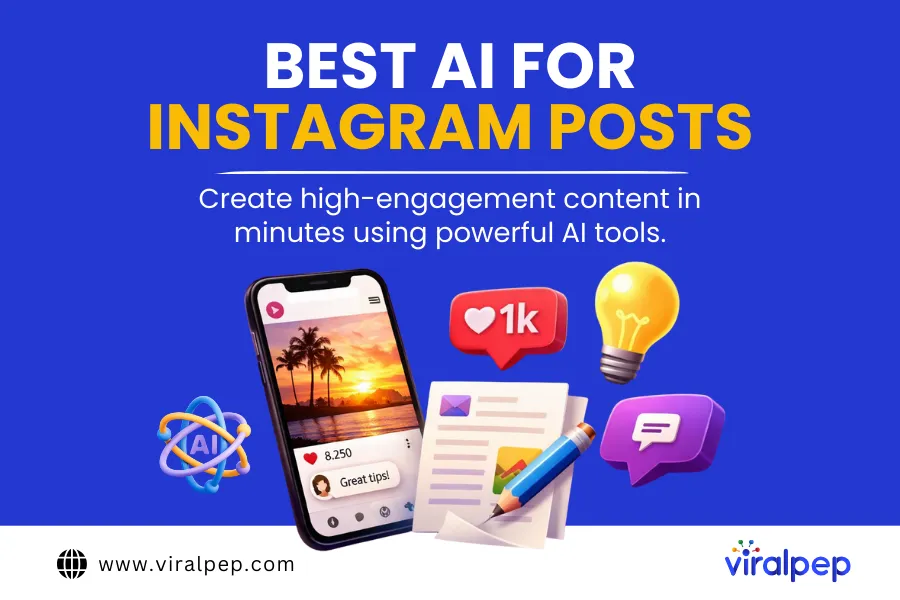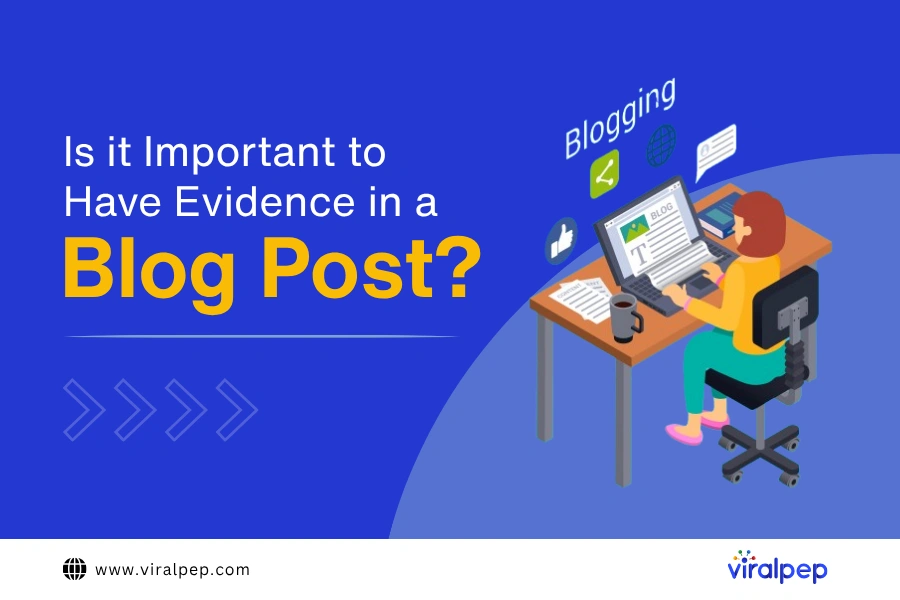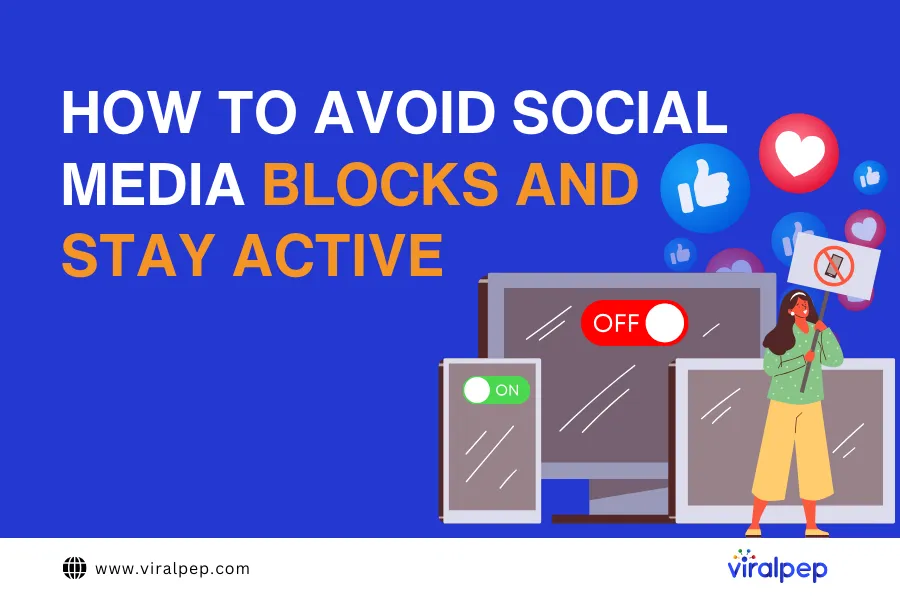Shared hosting has long been the budget-friendly cornerstone of the web, powering everything from personal blogs to small business websites. But until recently, it came with a reputation for slowdowns, overcrowded servers, and unpredictable security. That’s rapidly changing—thanks to artificial intelligence.
AI is quietly transforming shared hosting from a risky compromise into a smarter, more reliable foundation for online growth. From real-time resource management to predictive security and always-on customer support, intelligent systems are redefining what’s possible—even on the most affordable plans.
this blog, we’ll explore how AI is reshaping shared hosting: boosting performance, minimizing risks, and opening doors for businesses to scale confidently without the cost of premium hosting solutions. Whether you’re launching your first site or managing multiple properties, understanding this evolution could change how you think about your hosting strategy.
Why AI Is Making Shared Hosting Smarter and Less Risky
Key takeaways
- AI monitors server resources in real time and predicts traffic spikes
- Advanced machine learning algorithms optimize resource allocation across shared environments
- AI-powered security systems detect anomalies in milliseconds, enhancing protection
- Intelligent customer support systems provide 24/7 assistance without human limitations
- Environmental benefits emerge as AI optimizes server efficiency and reduces energy consumption
- Shared hosting risks persist but are dramatically reduced through intelligent monitoring
- Businesses can leverage AI-enhanced hosting for improved performance without premium costs
- The Evolution of Shared Hosting Through Artificial Intelligence
Remember the days when shared hosting meant accepting inevitable slowdowns and crossing your fingers that your site wouldn’t crash during busy periods? Those frustrations are becoming a thing of the past.
The shared hosting world has undergone quite a transformation lately. Where we once had to deal with performance problems and security headaches (thanks to cramming multiple users onto one server), things have taken a surprising turn.
What’s behind this shift? AI systems are now watching over server resources 24/7, shuffling CPU power and memory around as needed. They’re even getting pretty good at seeing traffic spikes coming before your site starts to crawl.
A Hosting Tribunal report from earlier this year showed something interesting: companies that switched to AI-based load balancing cut their downtime by nearly a third and boosted site speeds by about 25% compared to old-school setups.
This might be the biggest change we’ve seen in web hosting in years. These smart algorithms study how people use their sites and can anticipate resource needs before they become problems. It’s completely changed what small businesses can expect even from basic hosting packages.
These intelligent systems continuously learn from server behavior, becoming more effective at preventing the resource constraints that once plagued shared hosting environments.
How AI Resource Management Works in Modern Shared Hosting
The magic behind AI-enhanced shared hosting lies in its ability to manage resources through predictive analysis rather than reactive measures. Traditional shared hosting would simply allocate fixed resources to each account, leading to the “bad neighbor effect” where one site’s traffic spike could slow down all websites on the server. Modern AI systems take a different approach:
- Continuous Monitoring: AI constantly analyzes server metrics including CPU usage, memory allocation, disk I/O, and network traffic across all accounts.
- Finding the Patterns: AI algorithms learn how each website behaves over time, spotting when traffic typically jumps up based on what’s happened before.
- Staying One Step Ahead: Instead of scrambling when resources get tight, these systems adjust allocations before problems even start.
- Smart Throttling When Needed: The system can dial back resource-hungry processes during crunch times without disrupting the important parts of your website.
This technology gives business owners websites that stay responsive even when unexpected crowds show up. We’re seeing more reliable user experiences without forcing anyone to shell out for expensive hosting upgrades. Many hosting providers have embraced this AI approach to resource management, which has been a game-changer for online stores that deal with unpredictable traffic surges during sales and promotions.
Shared Hosting: Growing Greener and Stronger
Shared hosting continues to dominate the market, with industry watchers expecting it to grow about 15% in the coming years. The numbers are impressive – we’re looking at a market value approaching $72.2 billion by 2026. Most of us can get started with shared hosting for just $2-$8 monthly, making it an accessible option for businesses of all sizes.
GoDaddy currently holds about 75% of the shared hosting world, though they only handle 21% of websites using VPS hosting. Their strong position comes partly from owning both Host Europe Group and Media Temple – two major players in the hosting game. This market concentration has pushed many businesses to explore alternatives, including eco-friendly hosting services that throw in extras like AI website builders.
The ongoing growth isn’t just about affordable prices – it reflects the dramatic improvements in reliability and performance that AI has brought to shared hosting. Several companies have found success by focusing on environmentally sustainable hosting practices optimized by AI, appealing to our collective environmental concerns while keeping prices competitive.
Environmental Impact of AI-Optimized Hosting
The environmental benefits of AI in shared hosting extend beyond marketing appeal. By optimizing server resource usage, these systems significantly reduce energy consumption in data centers. Traditional hosting often operates servers at low efficiency, keeping resources available “just in case” they’re needed. AI-driven systems can reduce unnecessary power consumption through:
- Smart Scaling: Automatically adjusting available resources based on actual demand rather than worst-case scenarios.
- Workload Consolidation: Intelligently grouping compatible websites to maximize server efficiency without compromising performance.
- Smarter Cooling: AI models predict when servers will heat up and adjust cooling systems just when needed, not running full blast all the time.
These smart optimizations can slash the carbon footprint of hosting operations by 30-40% compared to old-school data centers. For businesses wanting to go greener, simply choosing a host that uses AI for resource management is an easy win for your sustainability goals.
You can take this a step further by choosing companies like Viralpep that implement AI analytics in other areas of your business, like social media management.
Security: The Game Has Changed
The security landscape has transformed dramatically thanks to AI-powered threat detection. Gone are the days of relying just on scheduled scans or human oversight – today’s systems spot unusual activity in milliseconds. Whether it’s strange login attempts or suspicious data movements, the lightning-fast response helps stop breaches before they happen.
According to what we’ve seen in recent Cybersecurity Ventures research, hosting providers using AI-based intrusion detection dealt with 40% fewer data breaches and responded to threats 50% faster. As hackers get cleverer, AI keeps our shared hosting environments safer, more reliable, and worthy of our trust.
These security improvements go way beyond simple malware scanning. Modern systems watch how people and programs behave, catching potential threats before vulnerabilities can be exploited.
How Multi-Layer AI Security Works
Today’s AI security doesn’t just work on one level – it protects your site across several fronts:
- Network Watchdogs: These systems analyze traffic patterns to catch DDoS attacks and suspicious connection attempts while they’re happening.
- Application Guardians: They examine requests coming into your web applications, blocking SQL injection attempts, cross-site scripting, and other common attacks.
- Behavior Monitors: The system learns what normal user activity looks like and raises flags when something doesn’t fit the pattern.
- Quick-Response Teams: When threats appear, affected accounts or processes get immediately isolated to keep problems from spreading throughout the shared server.
Thankfully, AI-enhanced security goes beyond hosting services. For example, the AI-powered software Viralpep can increase your social media security by tracking activities through the platforms.
Customer Experience Transformation Through AI
Perhaps the most visible impact of AI on shared hosting for everyday users comes through enhanced customer support systems. Intelligent chatbots and automated troubleshooting have dramatically improved response times and solution accuracy:
- 24/7 Intelligent Customer Support: Unlike human support teams limited by working hours, AI-powered support systems can address issues around the clock with consistent quality.
- Predictive Problem Resolution: By analyzing common patterns in customer issues, AI systems can often diagnose and resolve problems before customers become aware of them.
- Personalized Assistance: Modern support systems remember previous interactions and account-specific details, providing more relevant assistance without requiring customers to repeat information.
Other ways AI can improve customer experience are by reminding you to respond to queries and the right time to post helpful content, following a set schedule. Audiences like this level of consistency, something you can ensure from Viralpep.
Choosing the Right AI-Enhanced Hosting Provider
When evaluating shared hosting providers that advertise AI capabilities, businesses should consider several factors:
- Transparency about Technology: Look for providers that clearly explain how their AI systems work and what specific benefits they provide.
- Performance Metrics: Request data on uptime, average load times, and how the system handles traffic spikes.
- Security Track Record: Research the provider’s history with security incidents and their response protocols.
- Scalability Options: Ensure the hosting service can grow with your business without requiring a complete migration.
- Support System Quality: Test the AI support system with questions relevant to your business needs before committing.
Leaders in the AI hosting space typically offer free trial periods that allow businesses to evaluate these factors firsthand before making a commitment.
The Future of AI in Shared Hosting
As artificial intelligence continues to evolve, we can expect even more sophisticated implementations in shared hosting environments. Several emerging trends point to the future direction:
- Predictive Maintenance: AI systems that can anticipate hardware failures before they occur, allowing for zero-downtime server migrations.
- Automated Performance Optimization: Scripts and databases that automatically restructure themselves based on usage patterns to maintain peak efficiency.
- Advanced Threat Intelligence: Security systems that share information across hosting networks to create industry-wide protection against emerging threats.
Personalized Hosting Environments:
Resources and features that automatically adjust based on each customer’s specific needs and usage patterns.
FAQ
In what other ways is AI improving web hosting?
People use the internet at all hours, but it’s not economically viable for a shared hosting company to pay for 24/7 human support, not to mention they might not have human support at all. Those who need help with hosting setup or reach out to the provider for another reason can get immediate answers from an AI chatbot, no matter what time they reach out. AI can also improve web hosting by personalizing user experiences. It increases satisfaction and engagement by analyzing user behavior and preferences to tweak content and recommendations.
You can use such data to easily create social media content that resonates with your audience using Viralpep.
What are the risks of shared hosting?
Multiple system users are logged in at the same time, sharing the same kernel and file system, which renders any one file space or user instance vulnerable to various attacks, like traversal-type ones. VPS hosting, on the other hand, has a virtualized file system or kernel per user. Other people can access your data if a vulnerability is detected. There is the risk of employees accessing your data, but that risk exists with other types of hosting, as well.
What are the pros and cons of AI-powered website builders?
AI website builders are much more affordable than hiring a professional developer, which makes them an appealing choice for individuals, startups, and small businesses on a tight budget. There may be hidden costs down the line, especially related to refining or redesigning the website, which may or may not make up for the lower upfront costs.
Another advantage is the speed at which the builder can create the website. Again, this might require costly changes or redesigns in the future.











